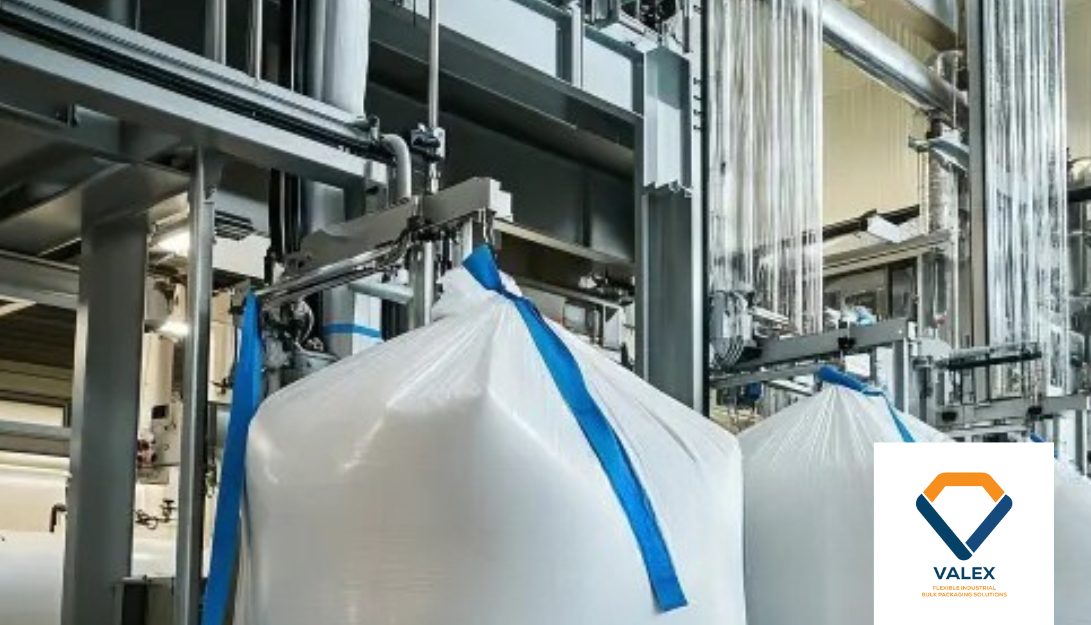In the realm of bulk packaging, ensuring the safety and reliability of FIBC Bags (Flexible Intermediate Bulk Containers) is paramount. These polypropylene bags are designed to carry substantial loads, often in challenging environments. Before they reach the market, FIBC Bags from trusted manufacturers like Valex Ventures undergo a series of stringent tests to verify durability, safety, and compliance with international standards.
FIBC Bags are large, woven polypropylene bags used for storing and transporting dry, flowable products such as sand, fertiliszer, and plastic granules. Their popularity stems from their strength, flexibility, and cost-effectiveness. Additionally, many FIBC bags are made from recyclable materials, aligning with sustainable practices in packaging.
To ensure that FIBC bags meet the necessary safety and performance standards, manufacturers subject them to various tests:
1. Top Lift Test: This test assesses the bag's ability to withstand lifting forces. The FIBC bag is filled to its Safe Working Load (SWL) and lifted using its loops. The bag must endure this process without any damage, ensuring it can be safely handled during transportation.
2. Drop Test: The filled bag is dropped from a specified height to simulate accidental drops during handling. The bag must not rupture or leak its contents, demonstrating its resilience to impact.

3. Topple Test: In this test, the bag is tilted or toppled over to assess its stability. The FIBC must maintain its integrity without any spillage, ensuring it can withstand shifts during transit.
4. Righting Test: This procedure involves laying the bag on its side and then returning it to an upright position using its lifting loops. The test checks the durability of the loops and the bag's ability to be repositioned without damage.
5. Tear Test: A small cut is made on the bag's surface, and then a load is applied to determine if the tear propagates. The bag must resist further tearing, indicating its robustness against punctures.
6. Vibration Test: The filled bag is placed on a vibrating platform to simulate transportation conditions. The bag must remain intact without any leakage, ensuring it can endure the rigors of shipping.
These tests are crucial in verifying that FIBC Bags can safely carry heavy loads and withstand the challenges of transportation and handling.
Beyond these tests, manufacturers implement comprehensive quality control measures to maintain consistency and safety:
These measures guarantee that each FIBC Bag meets the required standards for performance and safety.
Modern FIBC Bags are often made from recyclable materials, supporting sustainability in packaging. By choosing recyclable polypropylene bags, companies contribute to reducing environmental impact, aligning with global efforts toward eco-friendly practices.
The journey of an FIBC Bag from manufacturing to market involves rigorous testing and quality assurance processes. These steps ensure that the bags are safe, durable, and reliable for various bulk packaging needs. By adhering to strict standards and utilizing recyclable materials, manufacturers provide solutions that meet both performance and environmental goals.